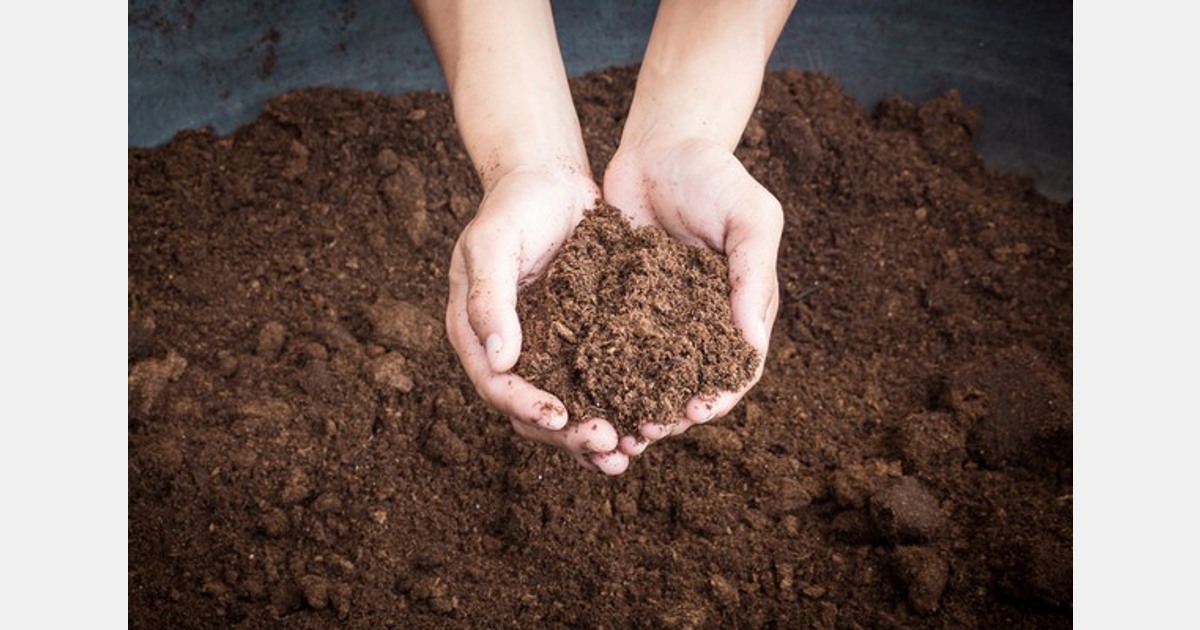
Organic food producers, which eschew synthetic crop protections for “natural” ones, regularly market their products as more sustainable than conventional offerings, but they’re not, writes Ross Pomeroy at geneticliteracyproject.org.
An analysis of 71 studies by Oxford University researchers revealed that organic milk, cereals, and pork generated higher greenhouse gas emissions per product. A more damning study published in 2018 found that organic peas farmed in Sweden have a 50% larger impact on climate change than conventional peas. Simply put, there’s not currently enough arable land to feed the world with organic food. Either millions – or even billions – would starve, or more rainforests would need to be chopped down to clear land for agriculture. Neither option sounds very sustainable.
These glaring numbers reveal that organic farming really isn’t about sustainability. It’s about ideology and branding. Organic food producers, particularly the large corporate entities, are just selling the misleading notion of “naturalness”, and charging more for it.
Fighting hydroponics
A recent agricultural development that further evinces this point is hydroponics. With hydroponic agriculture, food is grown in nutrient-supplemented water rather than soil. This almost always takes place indoors in a climate-controlled environment using LED grow lights, meaning pesticides generally aren’t required. Recent data suggest that hydroponic systems need less than 10% of the water and as little as 1% of the land to achieve similar yields compared to soil-based agriculture. The only downside is that energy use is between 10 and 11 times higher, but if that electricity comes from wind or solar, that disparity seems a lot less daunting. Hydroponic farming can happen anywhere, year-round. Imagine its usefulness in desert megacities like Doha or Dubai, where there’s little nearby arable land, limited water, but lots of sunshine.
With all the blatant benefits of hydroponic agriculture, you’d think that the organic industry would be very interested in adopting it, but they’re not. Despite the fact that hydroponically-grown food can fulfill the requirements to receive the USDA’s organic seal, the anti-genetic engineering advocacy group Center for Food Safety, along with more than a dozen organic organizations, are petitioning the USDA to disallow hydroponic agriculture from ever being considered organic. Why? Simply because it does not use soil.
“They argue this is because organic farming is all about nurturing the soil, and without soil, how can you have organic farming,” Dr. Steven Novella, president of the New England Skeptical Society, wrote in a recent blog post. That’s nonsense, of course. If organic farming was really about preserving soil, you’d think that a system of agriculture that doesn’t use soil at all would be highly desirable. Apparently not.
Read the complete article at www.geneticliteracyproject.org.
"feed" - Google News
September 23, 2021 at 07:36PM
https://ift.tt/3kD8rlz
"There's not enough land to feed the world with organic food" - hortidaily.com
"feed" - Google News
https://ift.tt/2z3xEQN
https://ift.tt/2yko4c8
Bagikan Berita Ini














0 Response to ""There's not enough land to feed the world with organic food" - hortidaily.com"
Post a Comment